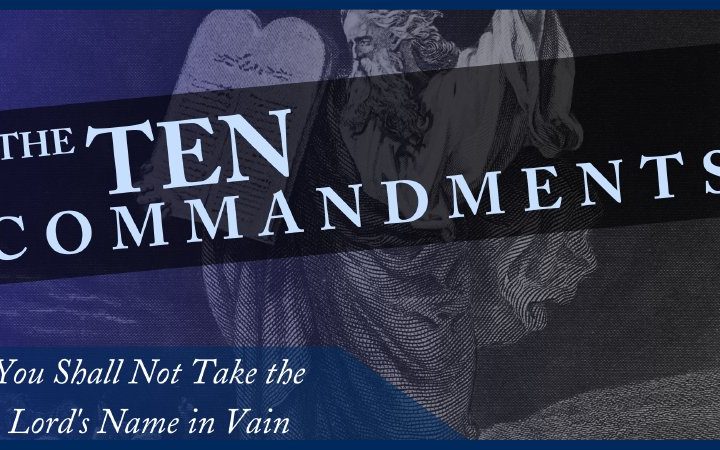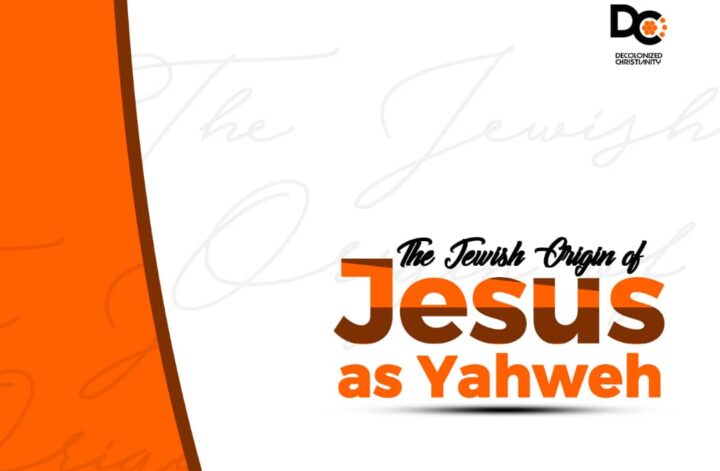Background
My six-year-old came running, “Daddy, daddy, my sister is being bad.” When I enquired about what the sister did, the older one said, “she is saying God’s name in vain.” So, I pressed further, “What exactly did she say?“ She answered,” “Oh my God.” I dismissed the issue by saying, “That’s not God’s name.”
I have no idea where my daughter got that lesson from, but it is pretty pervasive in our churches since the King James Bible gave us the following translation of Exodus 20:7,
Exodus 20:7 KJV
Thou shalt not take the name of the LORD thy God in vain; for the LORD will not hold him guiltless that taketh his name in vain.
There are scholarly debates on how to number the commands. Some scholars believe Exodus 20:7 is the second command in the Ten Commandments, also known as the Decalogue. In this piece, I shall stick with the common belief that it is the third Commandment.


